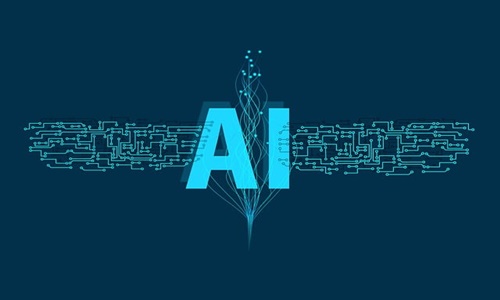
Microsoft Corp., an American multinational technology company, is reportedly embarking on a sustainability initiative by introducing a project known as ‘Planetary Computer’. The initiative has been taken up as a part of its approach to support various measures to safeguard the environment.
The recent introduction can be considered as a computing endeavor that employs aggregated global environmental data that are collected as input from various sources. This will seek to adopt machine learning and other technologies to identify the challenges in planetary health as well as deliver solutions to both scientists and clients of Microsoft to enable sustainability planning.
Brad Smith, president of Microsoft, has reportedly detailed some examples on the possible capability of the Planetary Computer project. These include informing the wildlife biologists about the global species habitat; enabling agricultural planning by providing accurate measurement and forecast of the current sand impact for water use; and delivering searchable machine learning, user-sourced data, & satellite imagery for use in surveys of industrial construction site or forest preservation efforts; among others.
The project is an evolution of the AI for Earth program of Microsoft launched in 2017. The actual development of the new project will involve the participation of recipients from the existing AI for Earth grant as well as further infrastructure investments to build out analyses on the collected data. Additionally, a new $1 million AI for Earth grant has also been provided to the GEO BON (Group on Earth Observations Biodiversity Observation Network) to help form a foundation for the biodiversity data collection, which is a part of the new project.
Additionally, Microsoft is forming a partnership with Esri, a geographical mapping & information company to assist the new project. The geospatial data sets for institutions and clients will be made available through Esri and Azure later in 2020.
Source credit:








